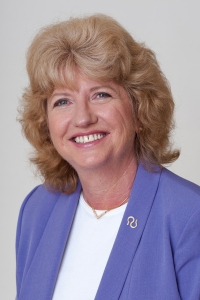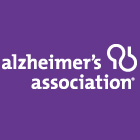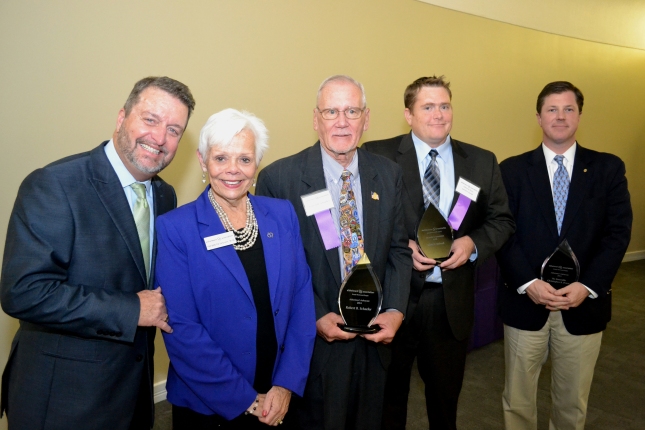 More than 5 million Americans are currently living with Alzheimer’s disease and those in the early stage of Alzheimer’s play an active role in the fight against the disease. The Alzheimer’s Association recognizes the importance of this valuable perspective and is pleased to welcome 12 new members, including Stafford County resident, and Greater Richmond Chapter supporter, Barbara Cole to the 2015-2016 Alzheimer’s Association National Early-Stage Advisory Group.
More than 5 million Americans are currently living with Alzheimer’s disease and those in the early stage of Alzheimer’s play an active role in the fight against the disease. The Alzheimer’s Association recognizes the importance of this valuable perspective and is pleased to welcome 12 new members, including Stafford County resident, and Greater Richmond Chapter supporter, Barbara Cole to the 2015-2016 Alzheimer’s Association National Early-Stage Advisory Group.
The Early-Stage Advisory Group members help raise awareness of Alzheimer’s and reduce stigma associated with the disease by sharing their personal stories and experience living with dementia. They also advocate for increased research funding and provide input to the Association about programs and materials designed to meet the growing needs of early-stage individuals.
“The Alzheimer’s Association is pleased to continue the Early-Stage Advisory Group, now in its ninth year,” said Beth Kallmyer, MSW, Vice President of Constituent Services for the Alzheimer’s Association. “Only by listening to those living with Alzheimer’s can we all gain a true understanding of their experience.”
Cole was chosen from 37 applicants across the country to be a part of the Early-Stage Advisory Group. She is a wife, a mother of two daughters, and career woman with a master’s degree in Business, and a self-proclaimed optimist and over-achiever.
“Some have called me a force of nature,” Cole explains. “I’ve never met an obstacle I could not get around, overcome or power through!”
In 2010, at 53, she was diagnosed with early onset Alzheimer’s, one of the approximately 200,000 people nationwide under the age of 65 living with Alzheimer’s.
“There were some very subtle changes that I began to notice,” Cole said. “It seemed that routine tasks were taking longer to complete – things like balancing the checkbook – and I would make frequent mistakes, forcing me to double and triple check just to make sure there were no errors.”
An MRI and Brain Scan revealed that Cole’s Left Temporal and Parietal Lobes were not “lighting up” as they should and she was informed that she had some form of dementia, probably Alzheimer’s.
“I cannot imagine a more horrible journey for my family – a disease with no cure, no real treatment – and a disease with a very dreadful and definite progression into oblivion with the eventual loss of memories, and with that, myself.”
“But, I’ve decided to make something positive come out of my Alzheimer’s journey and to use my strength to make a difference,” Cole said. “I am fully committed to use every bit of my energy to educate the public about Alzheimer’s, to dispel the myths and misconceptions, to advocate for increased funding and research, and to end the stigma associated with the disease.”
In addition to serving as national spokespeople for media and educational events, previous Early-Stage Advisors helped to secure the addition of younger-onset Alzheimer’s to the Social Security Administration’s Compassionate Allowance Initiative, giving those with the disease access to certain social security benefits. They also participated in grassroots advocacy efforts supporting the establishment of the first national plan to address the Alzheimer’s epidemic.
Early-Stage Advisors have also offered input on numerous Alzheimer’s Association services such as “I Have Alzheimer’s Disease” (www.alz.org/i-have-alz), an online resource offering information and tools to help those with early-stage Alzheimer’s or another dementia, ALZConnected® (www.alzconnected.org), the first dedicated social networking community for anyone impacted by Alzheimer’s, and TrialMatch® (www.alz.org/trialmatch), a free, easy-to-use clinical studies matching service that connects individuals with Alzheimer’s, caregivers, healthy volunteers and physicians with current studies.

